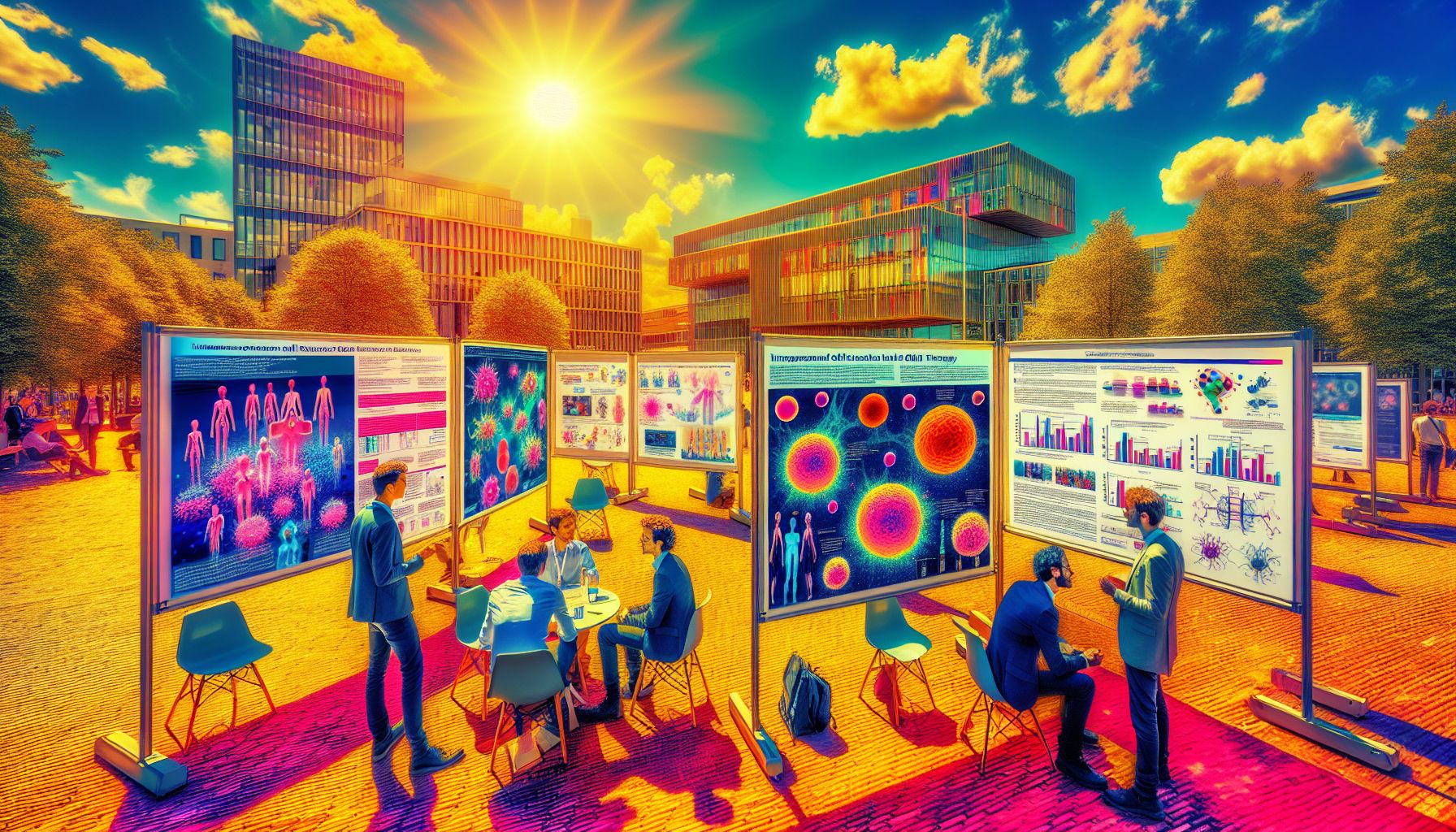Biotech Breakthroughs Unveiled at Utrecht Science Park

Utrecht, Friday, 20 September 2024.
Four biotech consortia showcased innovative cell technology therapies at Utrecht Science Park, focusing on regenerative medicine and immune therapy. The event highlighted collaborative efforts to accelerate the development of advanced medicinal products, aiming to transform patient care for chronic diseases.
Innovative Therapies for Regenerative Medicine
During the event held on September 17, 2024, at the Innovation Center for Advanced Therapies in Utrecht Science Park, four consortia—NXTGEN Hightech, RegMed XB, Biotech Booster, and Oncode Accelerator—presented their groundbreaking advancements in cell technology therapies. These consortia, funded by the National Growth Fund, are focused on developing innovative medicinal products aimed at treating a wide range of diseases, from cancer to autoimmune disorders.
Collaborative Efforts and Infrastructure Development
NXTGEN Hightech, RegMed XB, and Oncode Accelerator are investing heavily in building the infrastructure necessary for the production and scaling of advanced therapy medicinal products (ATMPs). These efforts include the development of next-generation bioreactor technology, which is designed to advance cell culture limits for scalable production. Ingrid Relou, Program Manager at NXTGEN Hightech, highlighted the importance of these innovations, emphasizing how high automation and real-time biosensing capabilities can significantly speed up the development process.
Commercialization and Market Access
Biotech Booster, another key player in this collaborative effort, aims to stimulate the commercialization of new biotechnological findings in the Netherlands. Nettie Buitelaar, CEO of Biotech Booster, stated, ‘The faster we can help bring biotech findings such as innovative medicines to the market, the faster they have a tangible impact on society.’ This initiative is crucial for ensuring that groundbreaking therapies reach patients more quickly, thus making a significant impact on public health.
Overcoming Clinical Trial Bottlenecks
Jürgen Kuball, Professor of Hematology at UMC Utrecht, emphasized the role of collaboration among the consortia in overcoming obstacles related to clinical trials for ATMPs. He pointed out that simulating Good Manufacturing Practice (GMP) environments early in the research and development stages could help shorten the development cycle for new therapies. This strategy is expected to facilitate the transition from research to early clinical trials, making innovative treatments available to patients sooner.
From Care to Cure
Bernard Mulder, CEO of RegMed XB, stressed the ultimate goal of these collaborative efforts: to move from care to cure. ‘Our goal is to provide faster access to innovative therapies for patients with chronic diseases,’ he said. This vision aligns with the broader objective of all consortia to transform patient care by developing and scaling life-saving therapies through advanced cell and gene technology.
Future Prospects and Ongoing Research
Karlijn Wilschut, Project Manager at Oncode Accelerator, discussed the ongoing research innovations in oncology and the call for Demonstrator Projects submissions. Oncode Accelerator supports preclinical oncology projects by providing access to Innovation Platforms, including patient cohorts, organoids, and artificial intelligence (AI) technologies. This initiative is part of a broader strategy to enhance the development of ATMPs and ensure continuous innovation in the field of regenerative medicine.

